-79%
Exploring Alternative Therapeutic Approaches for Mental Health Disorders
In the realm of psychiatry, it is no secret that patients often self-treat for a wide range of ailments, including anxiety, depression, substance abuse, sleep disorders, and attention deficit. While anecdotes from patients and parents who have utilized alternative therapies are abundant, a more rigorous scientific understanding of these non-pharmacologic, non-analytic approaches is亟需.
The Emergence of Scientifically-Based Alternative Therapies
Since the dawn of the 1990s, the Guest Editors of this Psychiatric Clinics issue have dedicated their efforts to researching, analyzing, and applying alternative approaches to mental health treatment. This comprehensive issue presents a selection of scientifically-grounded therapies that encompass a diverse array, including:
Nutritional Interventions:
– Exploring the role of essential nutrients, such as vitamins, minerals, and amino acids, in supporting neurochemical balance and cognitive function.
Herbal Remedies:
– Delving into the mechanisms of action and therapeutic potential of herbal extracts, such as St. John’s wort, chamomile, and lavender, for alleviating anxiety, insomnia, and other psychiatric disorders.
Off-Label Medication Uses:
– Uncovering novel therapeutic applications of existing medications beyond their approved indications, offering expanded options for managing challenging psychiatric conditions.
Mind-Body Approaches:
– Integrating techniques such as mindfulness, yoga, and tai chi to promote stress reduction, improve mood, and enhance cognitive health.
Meditation Practices:
– Examining the transformative effects of meditation on brain function, reducing anxiety, alleviating depression, and fostering emotional resilience.
Hypnotic Interventions:
– Utilizing hypnosis as a therapeutic tool to access subconscious processes, modify behaviors, and address deep-seated issues underlying mental health disorders.
Electrotherapy Modalities:
– Exploring the mechanisms and efficacy of electroconvulsive therapy (ECT), transcranial magnetic stimulation (TMS), and vagus nerve stimulation (VNS) in treating severe psychiatric conditions.
Light Therapies:
– Investigating the use of light therapy, such as phototherapy and bright light therapy, to alleviate seasonal affective disorder (SAD) and improve mood regulation.
Comprehensive Insights
Each therapeutic approach is meticulously outlined, providing a comprehensive understanding of its:
- Mechanisms of Action: Unraveling the biological and psychological processes underlying therapeutic benefits.
- Clinical Outcomes: Evaluating the effectiveness of each therapy through empirical studies and clinical experiences.
- Evidence Base: Presenting the most up-to-date scientific evidence supporting the efficacy and safety of the interventions.
- Potential Complications: Identifying and discussing potential adverse effects or risks associated with each therapy.
This groundbreaking issue aims to arm clinicians and researchers with the most current and robust scientific knowledge on alternative approaches to mental health treatment, empowering them to make informed decisions in collaboration with their patients.
maybe you like these too:
- Complementary and Integrative Therapies for Psychiatric Disorders, An Issue of Psychiatric Clinics (The Clinics: Internal Medicine) (Original PDF from Publisher)
- Audio Digest Psychiatry 2020 (CME AUDIO)
- Psychiatry Certification Board Review Course 2020 (The Passmachine) (Videos)
- Anxiety Disorders (Modern Trends in Pharmacopsychiatry, Vol. 29)

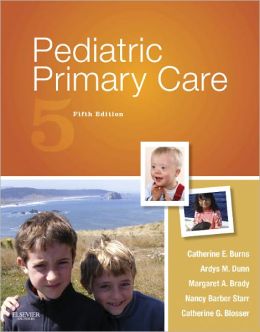
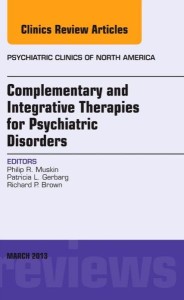
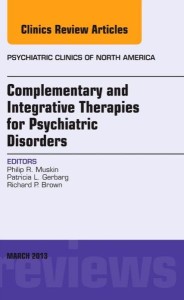
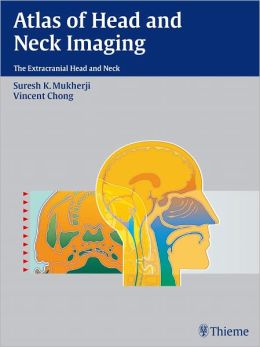
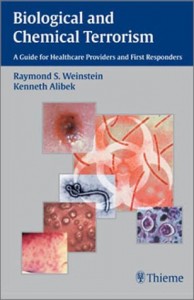
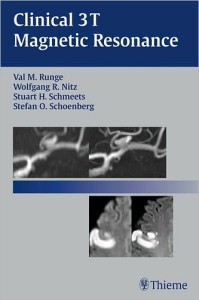
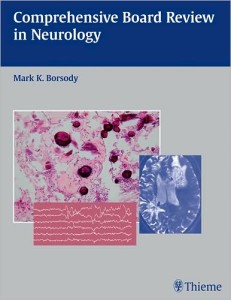
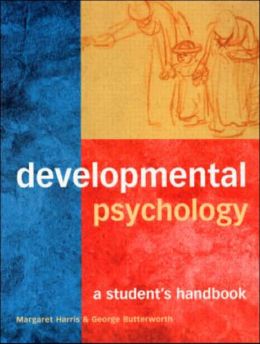
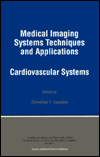
Reviews
Clear filtersThere are no reviews yet.